
 |
登入帳戶
| 訂單查詢
| |
||
| 臺灣用戶 |
| 品種:超過100萬種各類書籍/音像和精品,正品正價,放心網購,悭钱省心 | 服務:香港/台灣/澳門/海外 | 送貨:速遞/郵局/服務站 |
|
新書上架:簡體書
繁體書
三月出版:大陸書
台灣書 |
|
share:
|
||||
|
新書推薦: 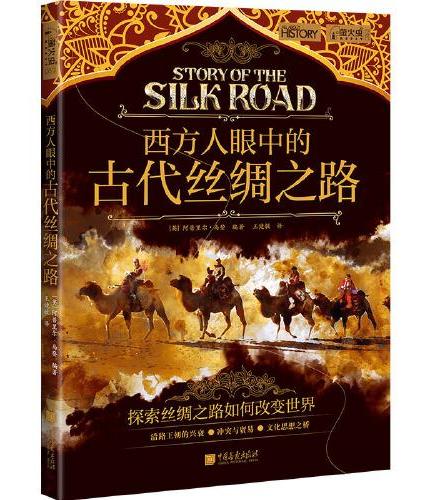 《 萤火虫全球史:西方人眼中的古代丝绸之路 》 售價:HK$ 83.6 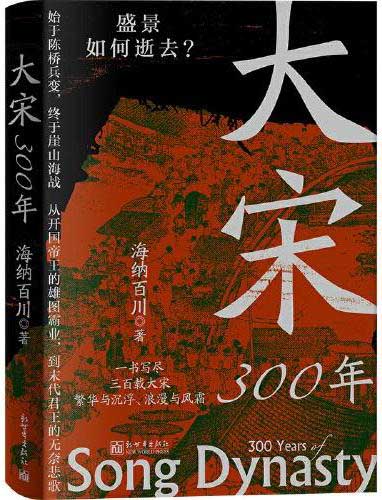 《 大宋300年(写尽三百载大宋繁华与沉浮、浪漫与风霜) 》 售價:HK$ 75.9 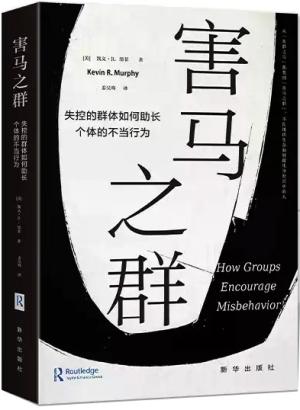 《 害马之群:失控的群体如何助长个体的不当行为 》 售價:HK$ 96.8 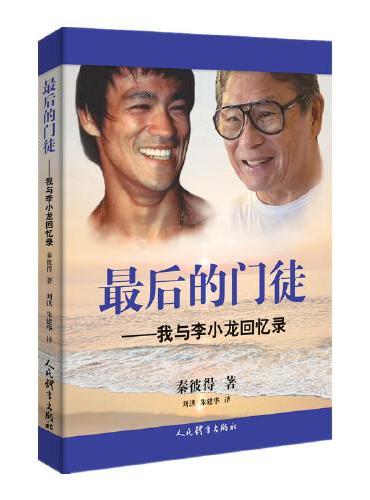 《 最后的门徒——我与李小龙回忆录 》 售價:HK$ 74.8  《 没有明天的我们,在昨天相恋 》 售價:HK$ 47.1 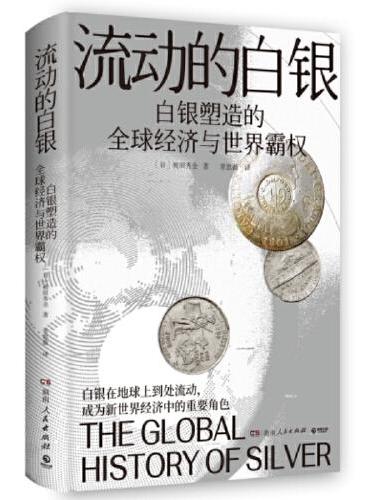 《 流动的白银(一部由白银打开的人类文明发展史) 》 售價:HK$ 63.8 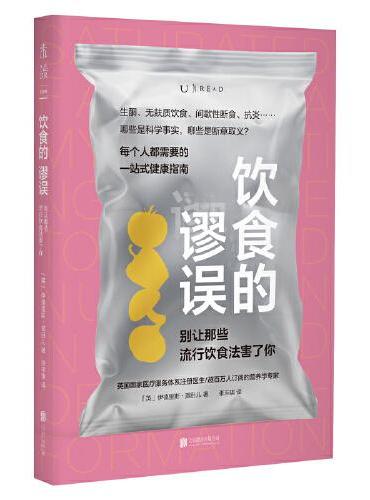 《 饮食的谬误:别让那些流行饮食法害了你 》 售價:HK$ 63.8 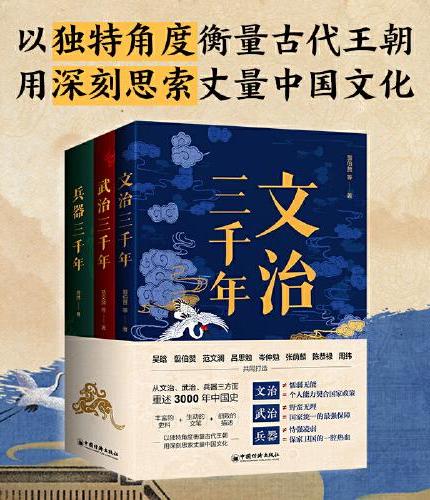 《 三千年系列:文治三千年+武治三千年+兵器三千年 》 售價:HK$ 197.3
|
|
| 書城介紹 | 合作申請 | 索要書目 | 新手入門 | 聯絡方式 | 幫助中心 | 找書說明 | 送貨方式 | 付款方式 | 香港用户 | 台灣用户 | 海外用户 |
| megBook.com.hk | |
| Copyright © 2013 - 2025 (香港)大書城有限公司 All Rights Reserved. | |